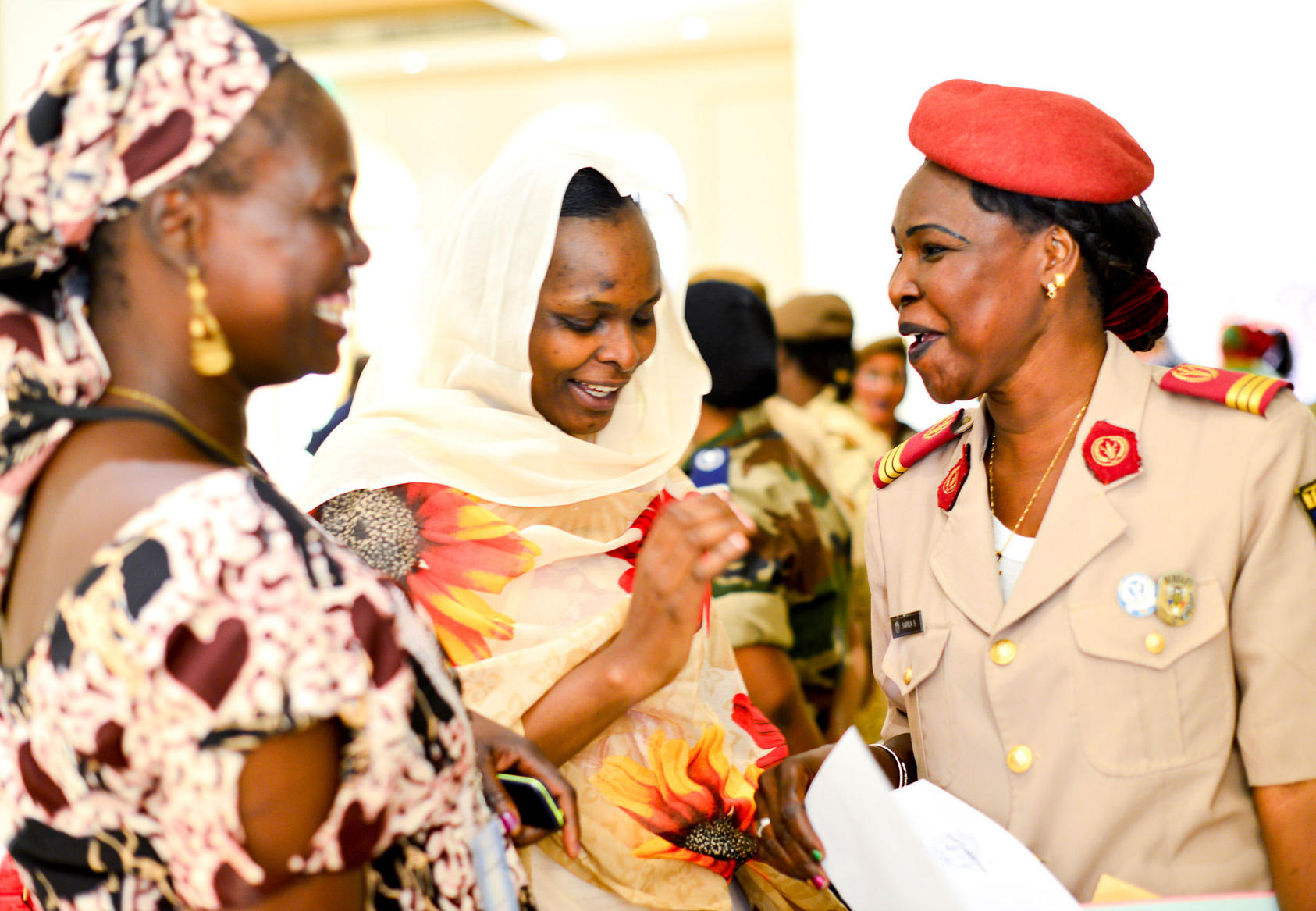What is Security Sector Reform?
Security sector reform (SSR) is both a political and technical process to enhance the provision of human and state security by making it more effective, transparent, accountable, inclusive, and consistent with principles of human rights, the rule of law, and good governance. It aims at transforming the system for the provision of security and justice in a polity and directly affects power dynamics. The end goal is to create a secure and stable environment for both people and the state, and to enable economic development.

Why Take a Peacebuilding Approach?
The United States government and other donor nations have long engaged with security sectors to decidedly mixed results. The United States has begun to grapple with the adverse human security consequences of some of its engagements. For example, there are new guidelines for security sector assistance in stabilization environments, new requirements for assessment, monitoring, and evaluation of security sector cooperation, and a new comprehensive government strategy—the Global Fragility Act—for tackling and preventing global conflict.
We believe it is time for new approaches to address the challenges of security sector governance as well. USIP believes that peacebuilding approaches could break through some of the entrenched problems the field of security sector reform has faced for decades and which traditional technocratic approaches to partner capacity-building have not solved.
What Does USIP Do Differently?
USIP’s new Building Peaceful Security program adopts a peacebuilding approach to security sector reform and governance in three ways:
- By supporting and empowering local actors, civil society, and governments to create effective, accountable, transparent, inclusive security sectors in fragile and conflict-affected countries.
- By identifying and sharing the best innovative practices in peacebuilding approaches to improve good governance of security and security sectors across the community of practice.
- By supporting policymakers and practitioners, both in environments affected by or at high risk of violent conflict and in donor nations, to integrate peacebuilding approaches into security support.
History of SSR Efforts at USIP
USIP has a rich history of engaging in security sector reform over the past two decades. It has leveraged its internal research capacity and network of external specialists to provide time sensitive analysis for policymakers, including papers and public events on post-Arab Spring SSR, SSR in Afghanistan, and SSR in fragile states.
In addition to providing policymakers with empirically based research and insights from the ground, USIP has engaged directly with security sector actors in conflict-affected environments to cooperatively assess and address challenges in a sustainable way. This has been exemplified by USIP’s partnerships with police academies across Myanmar, Tunisia, Pakistan, and other nations to establish and update the curriculum design so that current and future officers benefit from holistic training and education opportunities.
USIP recognizes that human security is a question that involves more than just police and armed forces. Since 2012, the Institute has engaged in justice and security dialogues in violence-affected communities, bringing community members, civil society organizations, nonstate security actors, and state security forces together in locally led initiatives to find common ground and common solutions to their challenges. The Justice and Security Dialogues have helped diffuse tensions in Burkina Faso between police and once-mistrustful members of a local vigilante group who have begun cooperating with police in controlling crime. In Dakar, Senegal, the project has improved the sharing of information between community members and police.
With its unique capacity to both build local partnerships and support policymakers in their search for peaceful resolution to today’s toughest problems, USIP has an opportunity to connect bottom-up and top-down peacebuilding efforts in the field of SSR—elevating local voices beyond their communities and ensuring that high-level decisions are responsive to citizens’ needs. USIP’s work in Tunisia includes the establishment of the Alliance of Tunisian Facilitators (ATF) as part of its goal to reduce violent extremism and address fragility in the country. The Informing Criminal Justice Reform in Libya project aims to strengthen the rule of law in Libya by filling knowledge gaps on the country’s correctional facilities and the criminal justice system in the Fezzan region. In keeping with the growing recognition that SSR means much more than just institutional reform or updating of police and military procedures, we strive to engage actors from all levels of society who have a stake and role to play in shaping peace and security.




